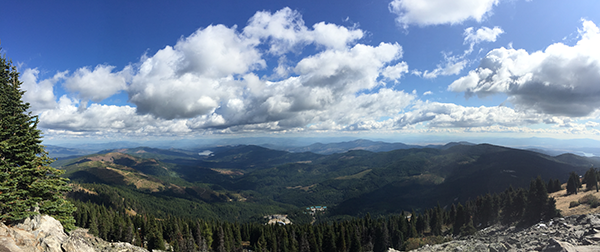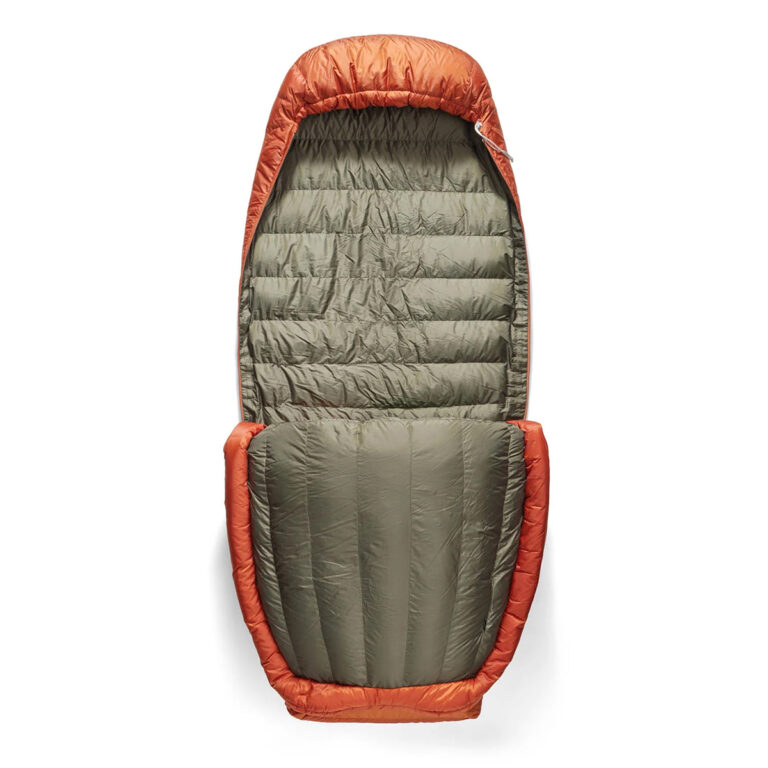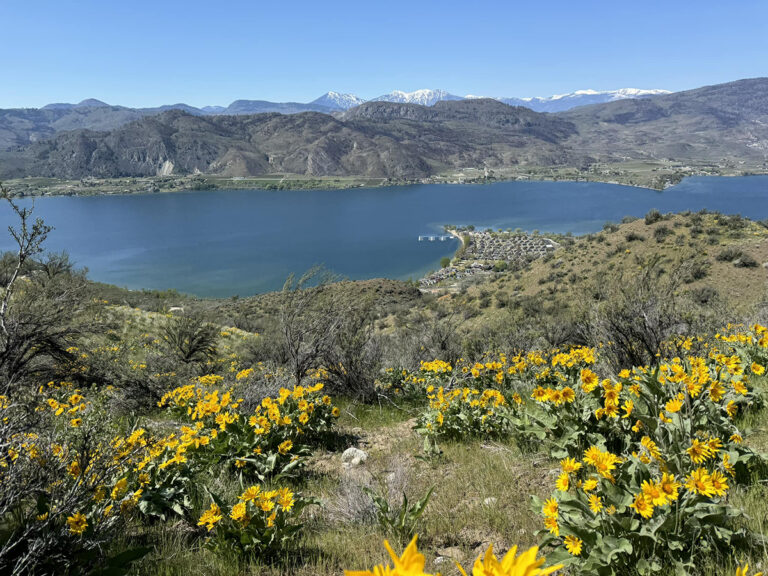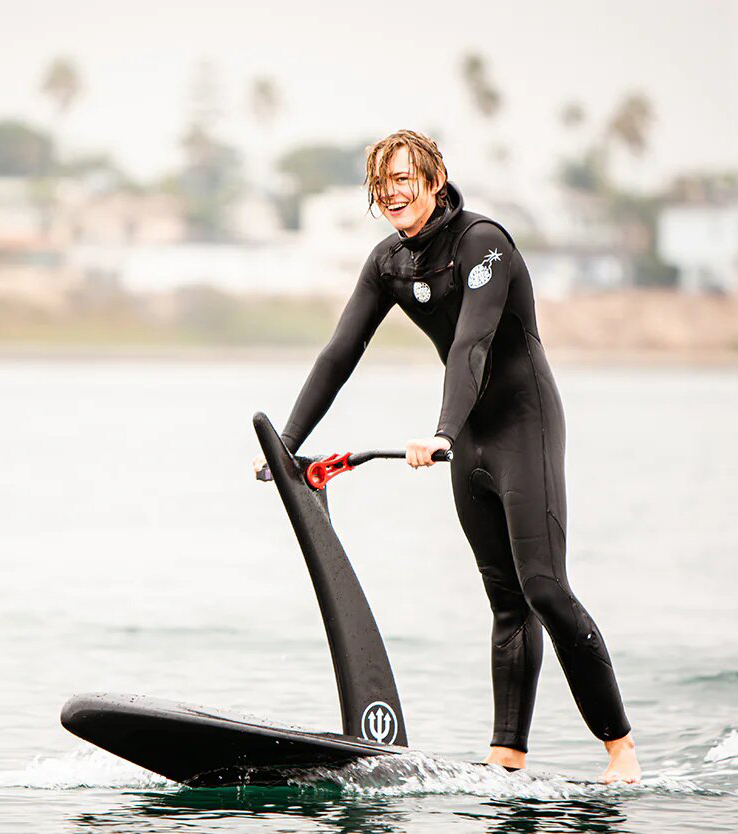I was new to trail running. Before I moved to Spokane, my race of choice was a smooth, flat half marathon. My familiar turf was a paved activity trail or wide gravel road. When I was invited on my first trail run through Riverside State Park, I was eager to show that I could hold my own.
My running friends suggested that I join them for a slow 20 miler. On that first run, I forgot to bring food or water. I do not know how this grave oversight occurred, but by mile eight I was accepting bits of granola bar from my running partners who had been offering to share food since mile five. I considered this a serious faux pas; I thought an important mark of trail running was to be as self-reliant as possible.
I agreed to go on a second trail run. The views through the park, after all, had been stunning. We glimpsed the clear, rushing river through pines as we toed along dirt paths. On that second run, I remembered to pack food and water. I thought, Now I’m good to go; I know how to be a trail runner. I soon tripped and fell while running with a hip strap full of water bottles. My running partners picked the bottles out of nearby bushes as I dusted off my knees.
The instances were adding up. Trail running was trying to teach me something about a new type of outdoor recreation, and how to approach the outdoors with others.
In early October, I lined up for a 10k on Mount Spokane. I’d never done a trail race, and that morning I wasn’t feeling up for it. I’d been battling a cold, and though I’d stuffed cough drops and tissues into my running pack, it was one of those days I felt I’d be happier not lacing up. I stood at the start line that morning fully expecting to tune out the other runners once the race started. I planned to shun the camaraderie I was typically fond of in a running atmosphere. I wanted to go internal, to suffer through it on my own.
I found that internal solace, for a while. There were moments in the race when I heard only my own muffled steps and hard breathing. The bright flags on trail corners were the only indication that I was doing something with other humans involved.

In the last half mile of the race, I passed an older woman and abruptly fell. I had fallen before while running; until that moment, I had considered my ankles to be fairly flexible. This was different. I was down, hard. I wasn’t just kneeling. I was on my butt, grasping my ankle, eyes getting weepy from pain.
The older woman I’d wordlessly passed a few moments earlier witnessed the event. She crouched down next to me on the trail and asked if I could put any weight on my foot. I told her it was okay—that I’d be fine, that she should go on, that I was ruining her time so close to the finish line.
The woman wouldn’t leave, despite my prompting. She put her shoulder up under my arm and helped me walk uphill with a badly sprained ankle to a race volunteer we’d passed. She left only after she was sure I was taken care of.
Before that race, trail running had given me the feeling of being a badass in a way that road running had not. It’s a euphoric feeling, after all, to run to the top of a mountain and know you used your own two legs to get there.
But what I learned on Mount Spokane that day was that part of trail running was helping others when they were down. It was less important to be self-sufficient than it was to tune in to others. The camaraderie of running was even more crucial when running through the wilderness; it was never something to turn away from with pride or self-pity. It was something, like bringing food and water, that I should have recognized from the start. Trail running was about surviving together rather than holding one’s own. //
Lisa Laughlin is a long-distance runner who also enjoys paddle boarding. She wrote about the Missoula Marathon in the March issue.
Feature photo: Trail running buddies on Mount Spokane. // Lisa Laughlin
Originally published in the April 2018 print edition of Out There Outdoors under the title “Trail Trials.”












